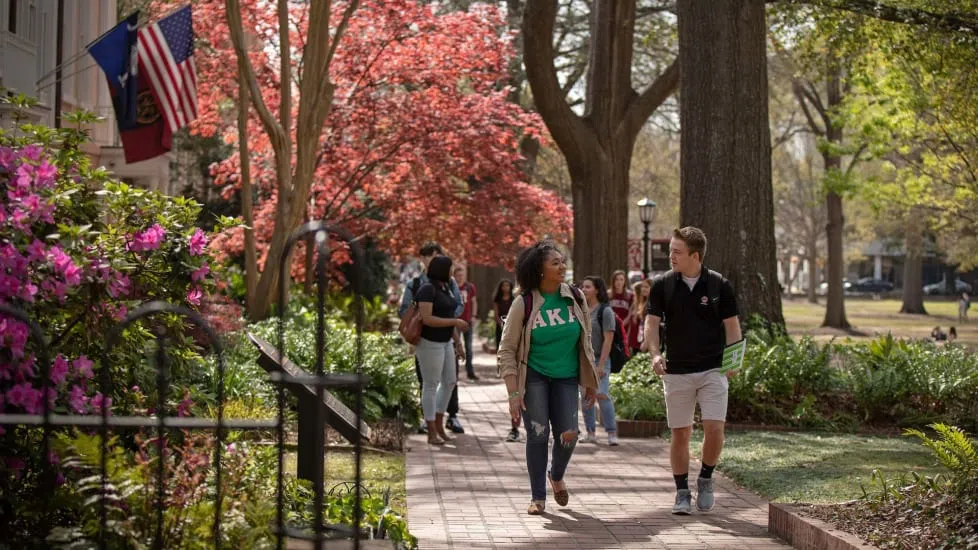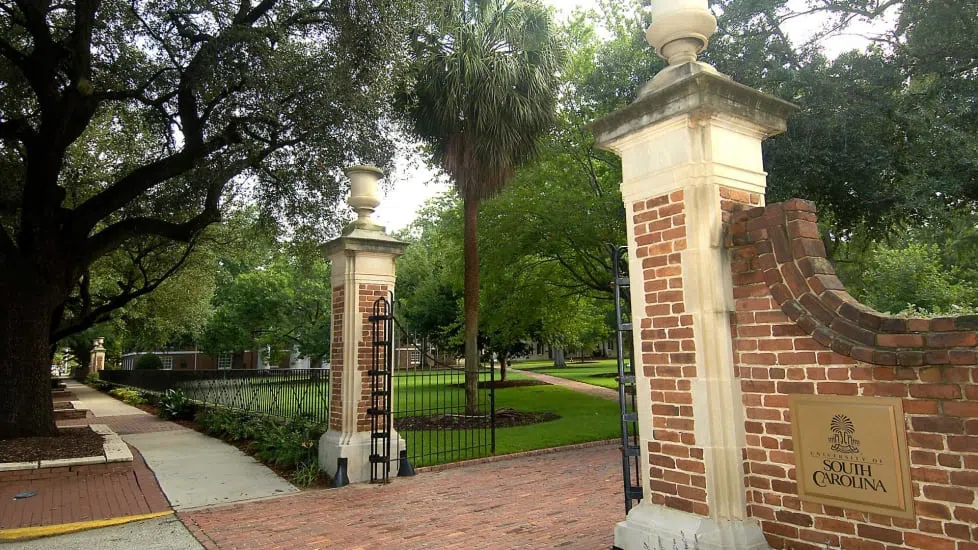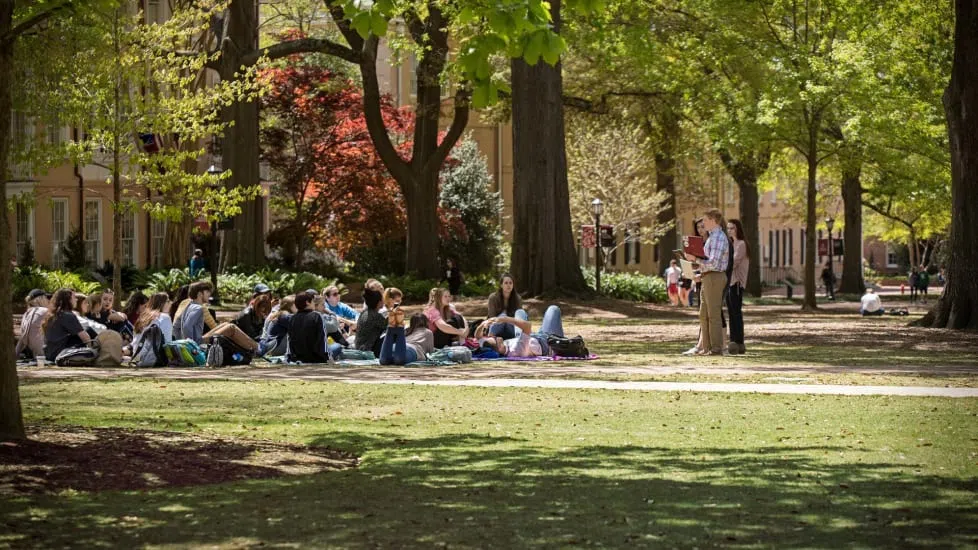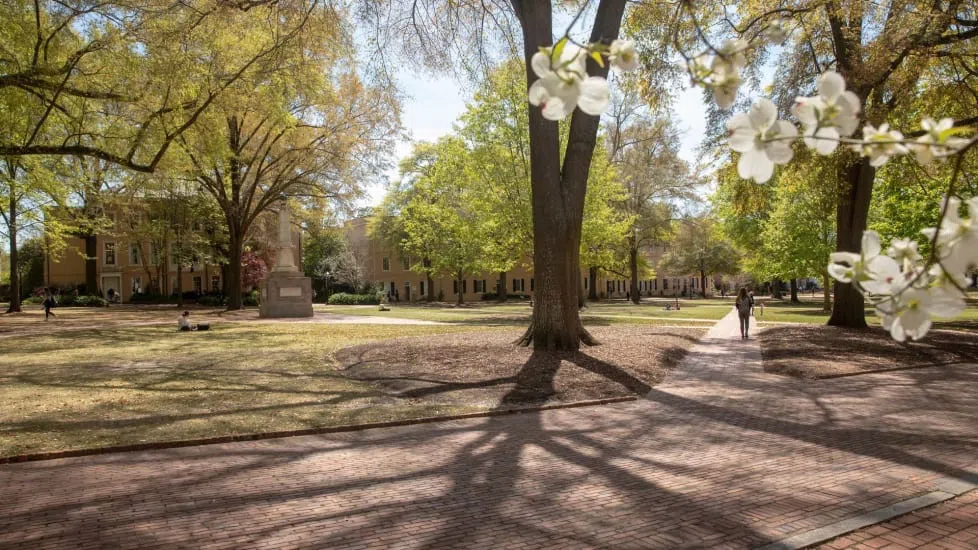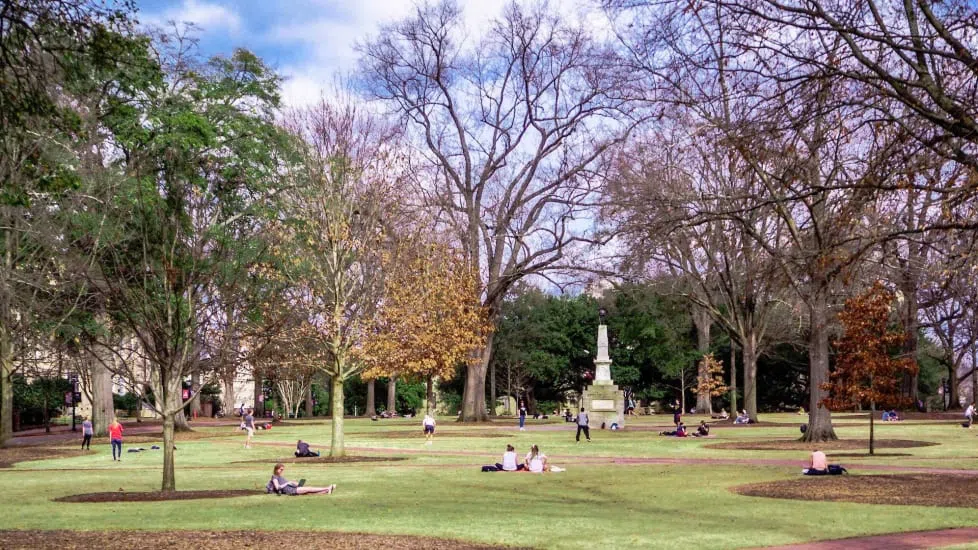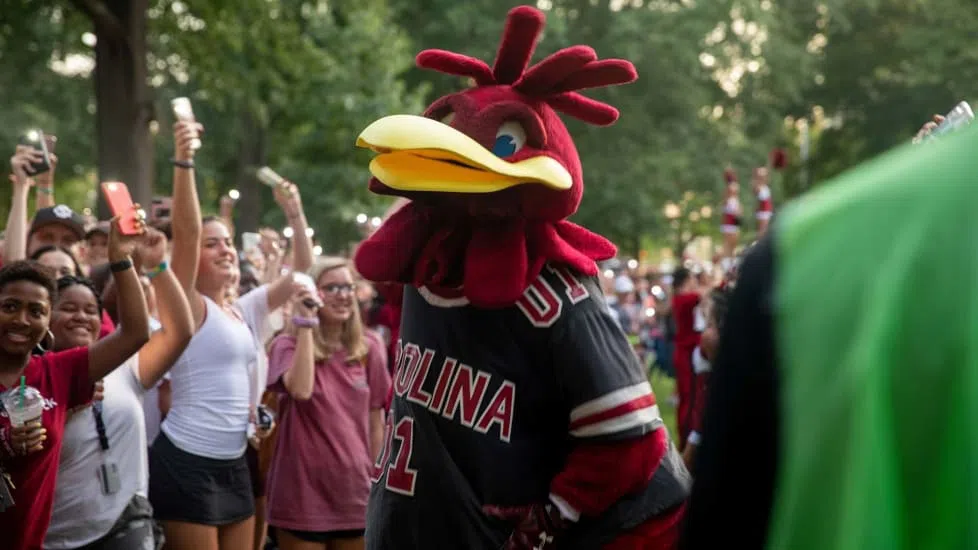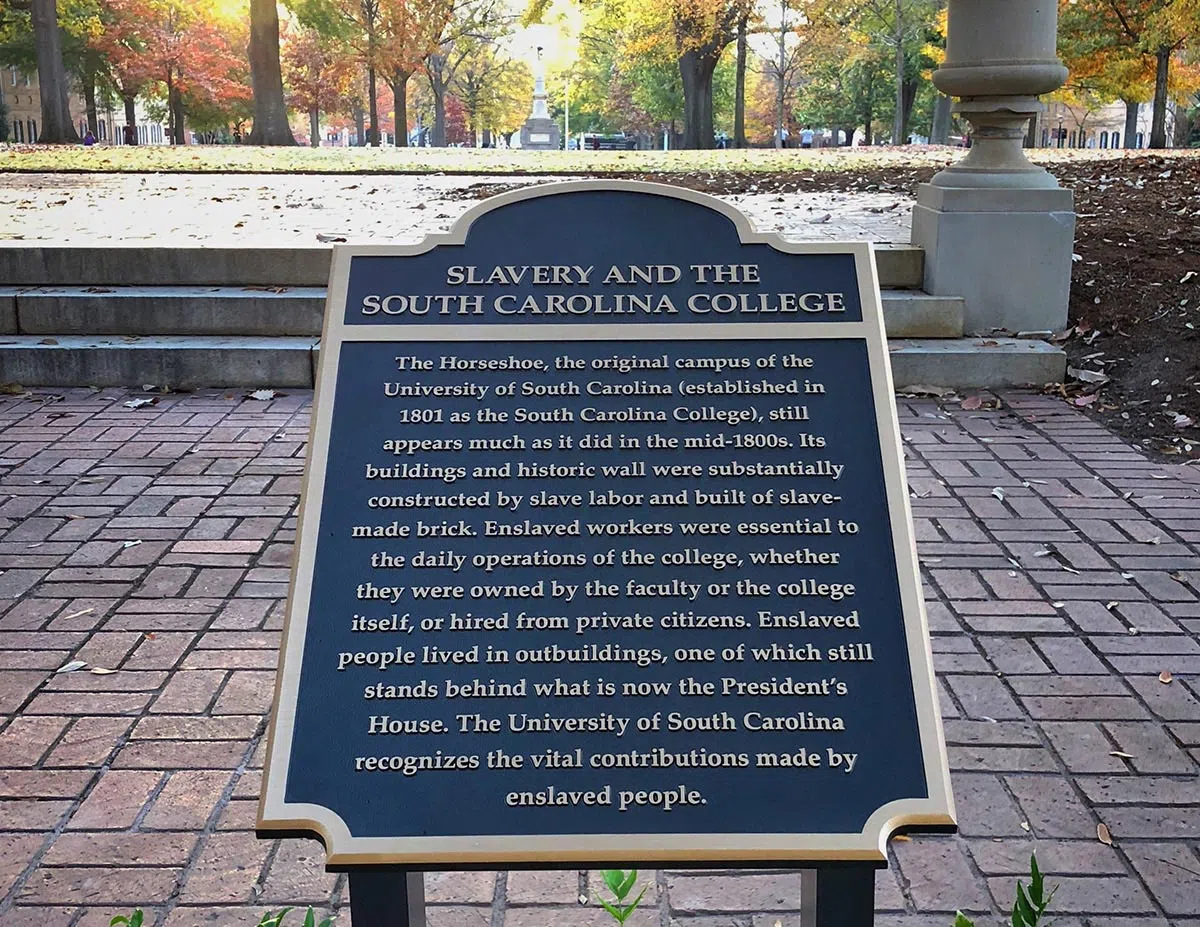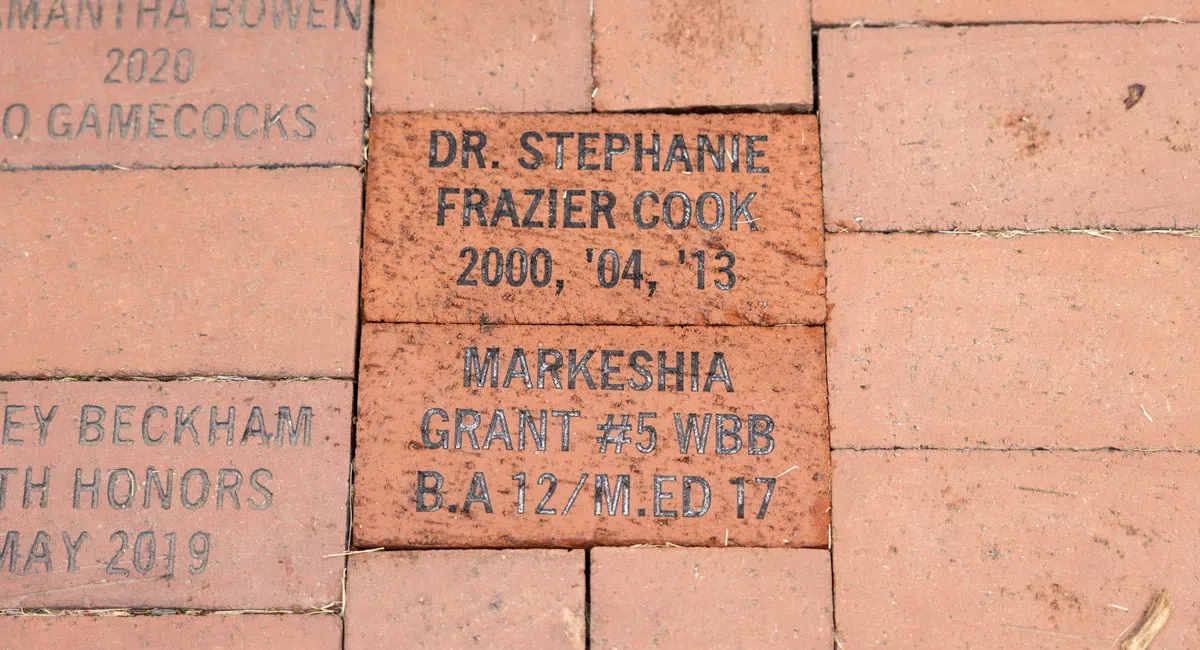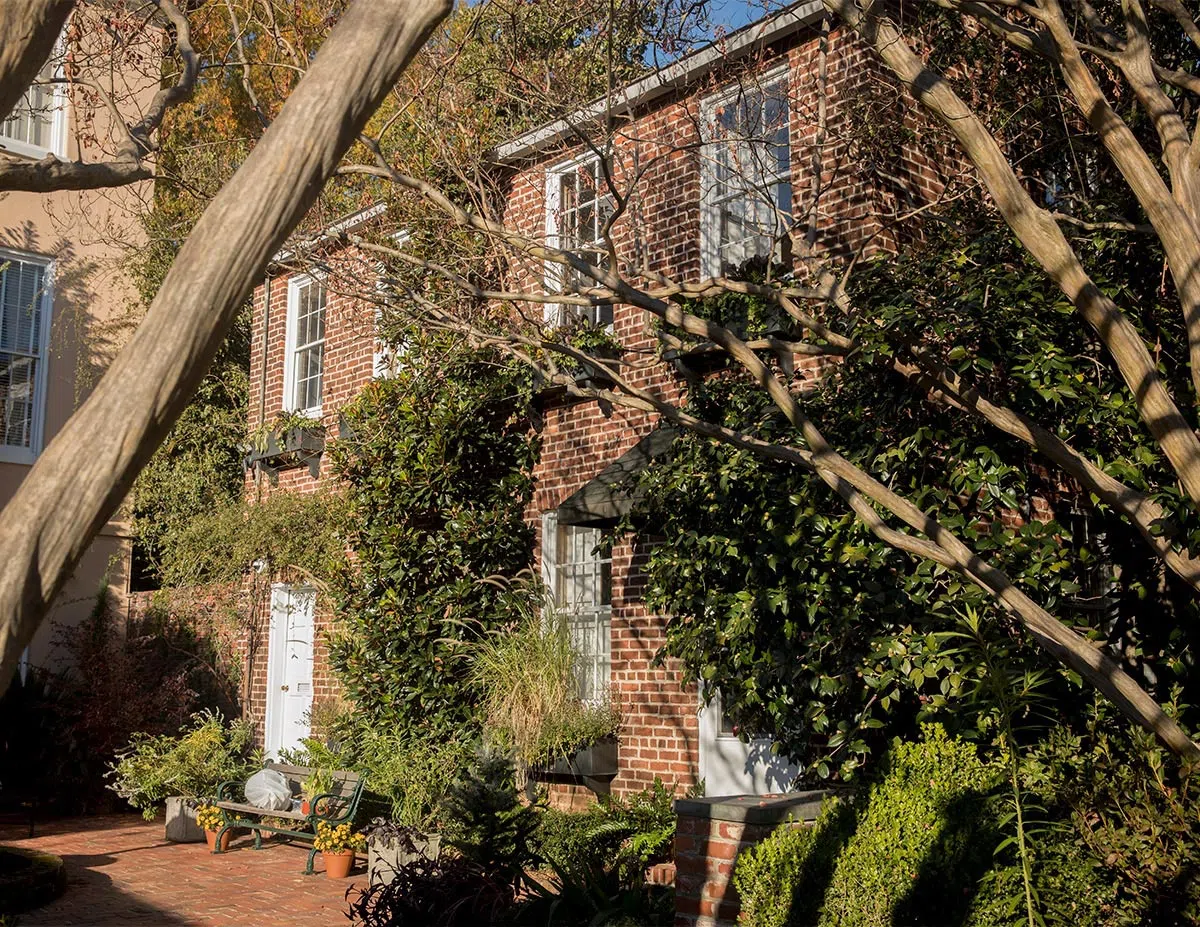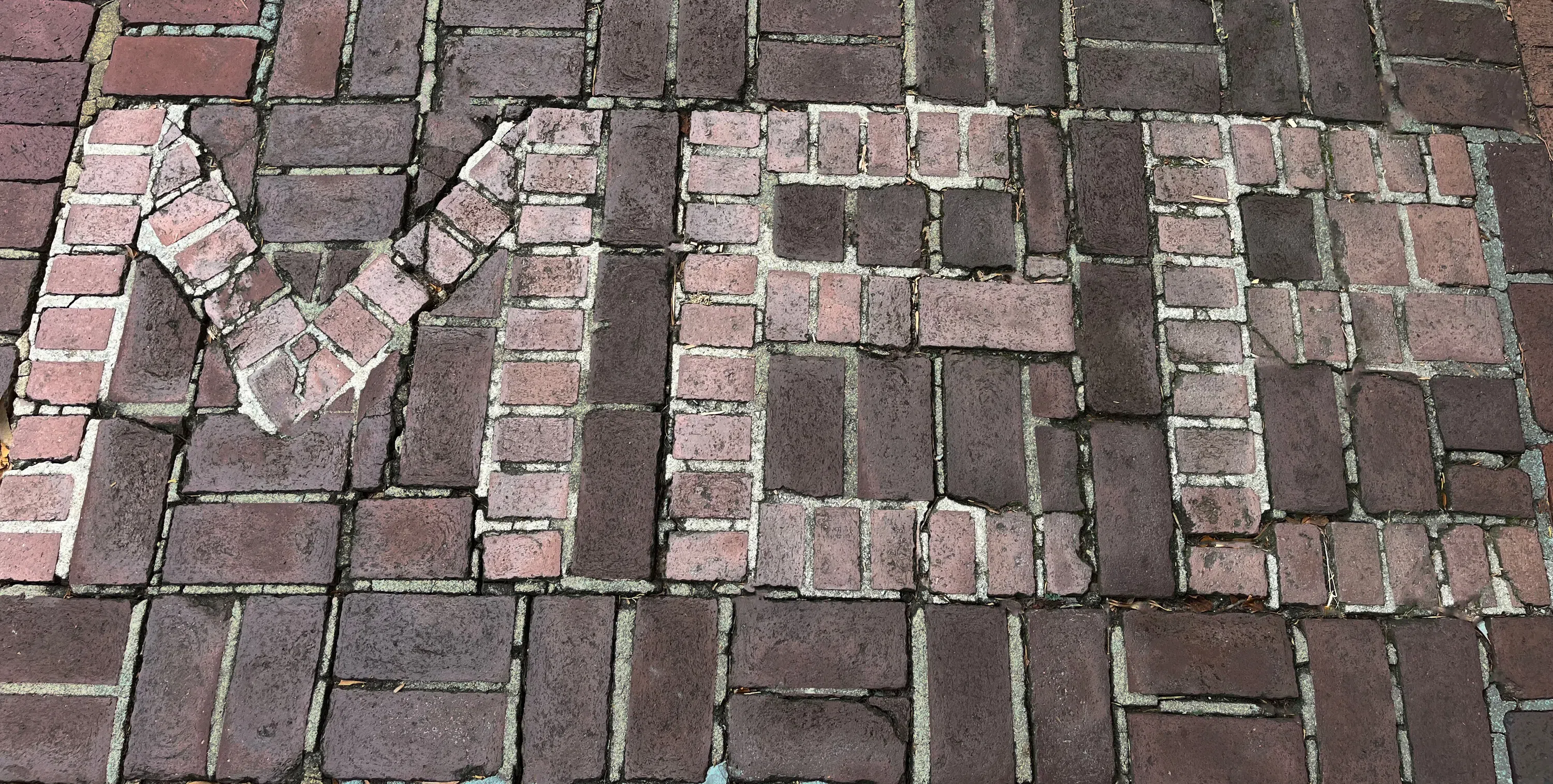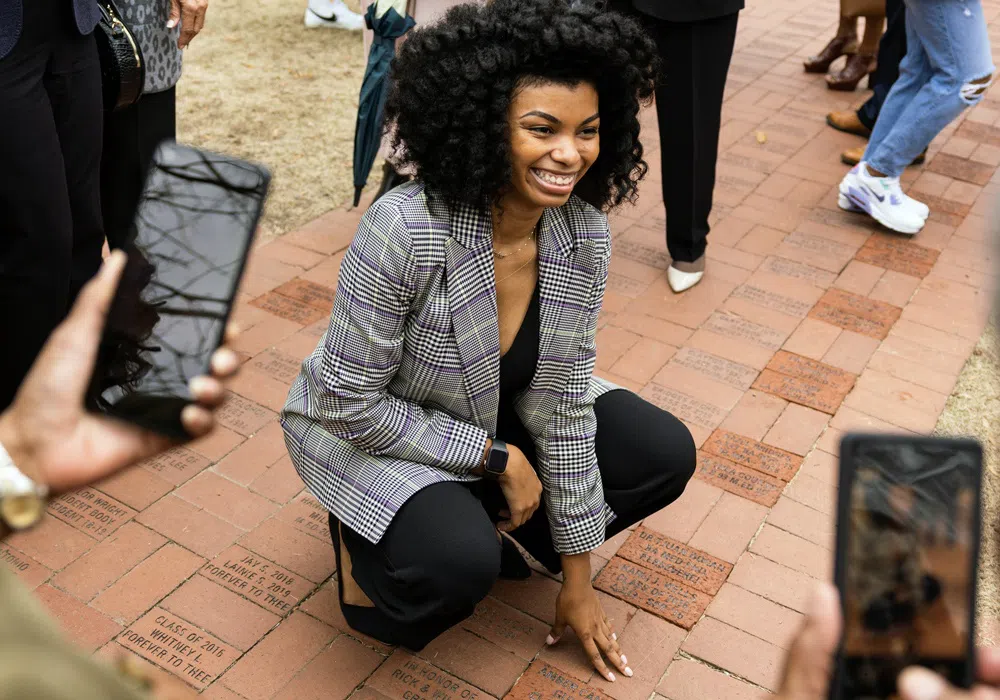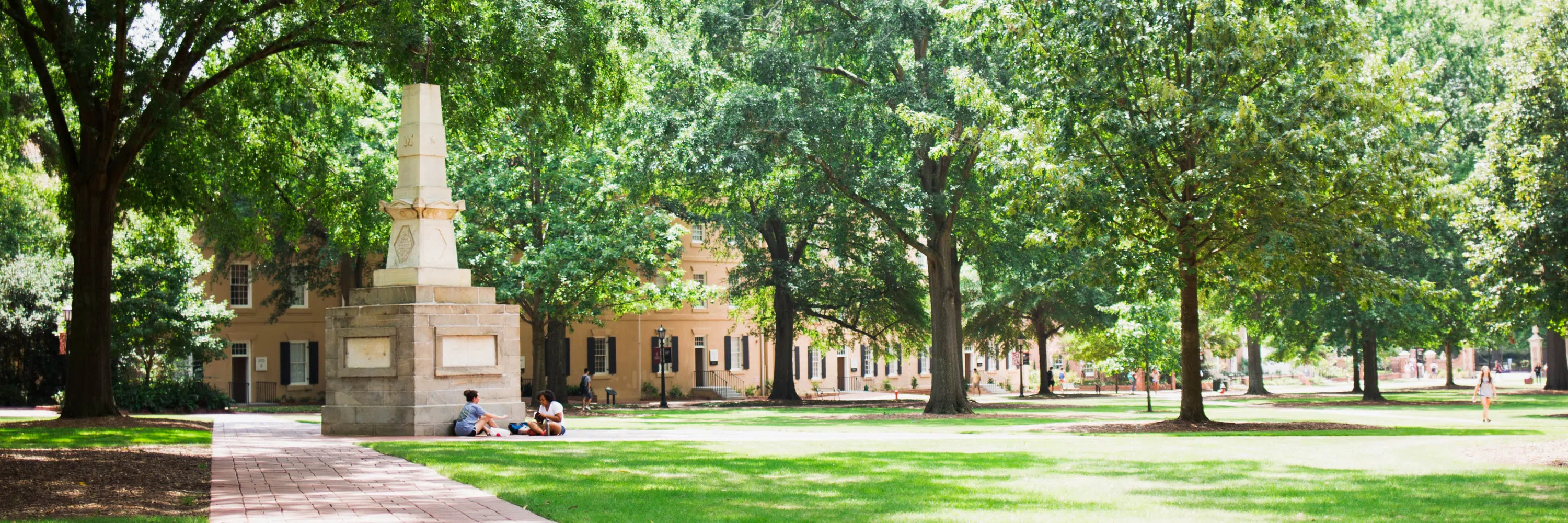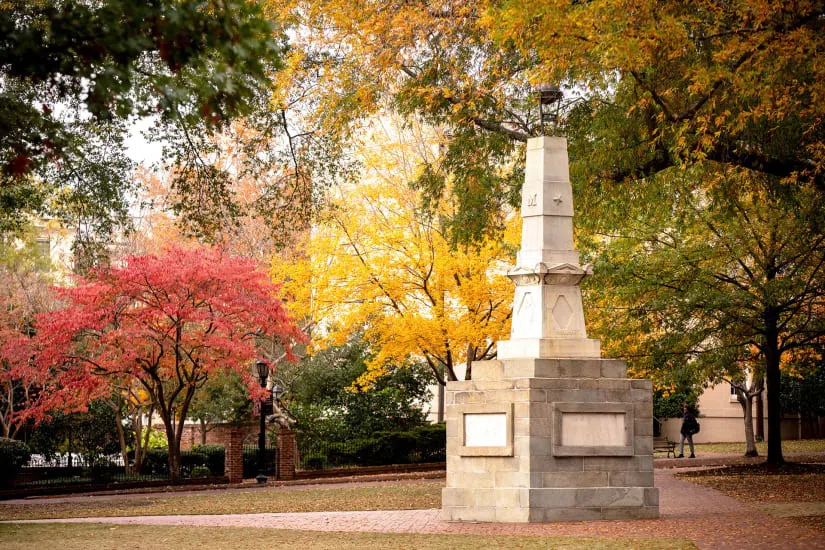Media Gallery
Rutledge College
President's House
Historic Markers on the Horseshoe
Harper/Elliott
DeSaussure College
South Caroliniana Library
Pinckney/Legare
⛪ Rutledge College
Built in 1805, it was the first building on campus. It housed the college chapel, library, chemistry and physics laboratory, and lecture rooms. Now a residence hall, the chapel still remains and often hosts weddings of South Carolina alumni.
Religious Studies (College of Arts and Sciences)
What force in all human history has done the most to bring out the best in people, to help in building up human communities, to bring about peace? What force in all human history has done the most to bring out the worst in people, to destroy human communities, and to bring about war? Religion may be the answer to both of those questions. As a religious studies major, you will explore the many roles religion has played and continues to play both in society and in individual people's lives. Whether it is Zen monks, ancient Christian martyrs, Muslim and Jewish women, Hindu saints or Chinese philosophers, our courses introduce you to people and phenomena from all over the world. Learning about religion provides an opportunity to explore different cultures and develop a more global perspective. Learn more about the Religious Studies major.
🏡 President's House
The first president's house was built in 1807 at the end of the Horseshoe, between Rutledge and DeSaussure, and torn down in 1939. The present day President's House is on the site of the first faculty residence, which was built in 1810 and later demolished due to deterioration. The 1854 structure was a double faculty residence until the 1940s, when it became a women's residence hall. In 1952 it was converted to a single dwelling to become the President's House.
📜 Historic Markers on the Horseshoe
As you walk around the Horseshoe, you'll see several plaques devoted to various aspects of history. One of the most important markers you'll see is titled "Slavery and the South Carolina College". It reads:
The Horseshoe, the original campus of the University of South Carolina (established in 1801 as the South Carolina College) , still appeared much as it did in the mid-1800s. Its buildings and historic wall were substantially constructed by slave labor and built of slave-made brick. Enslaved workers were essential to the daily operations of the college, whether they were owned by faculty or the college itself, or hired from private citizens. Enslaved individuals lived in outbuildings, one of which still stands behind what is now the President's House. The University of South Carolina recognizes the vital contributions made by enslaved people.
The Horseshoe, the original campus of the University of South Carolina (established in 1801 as the South Carolina College) , still appeared much as it did in the mid-1800s. Its buildings and historic wall were substantially constructed by slave labor and built of slave-made brick. Enslaved workers were essential to the daily operations of the college, whether they were owned by faculty or the college itself, or hired from private citizens. Enslaved individuals lived in outbuildings, one of which still stands behind what is now the President's House. The University of South Carolina recognizes the vital contributions made by enslaved people.
⭐️ DeSaussure College
Two-bedroom and four-bedroom apartments for honors students, located on the Horseshoe. Learn more about living in DeSaussure.
National Fellowships and Scholar Programs copy
The National Fellowships and Scholar Programs office was established in 1994 to provide innovative educational initiatives for exceptional students. They facilitate the pursuit of nationally prestigious scholarships by University of South Carolina students and coordinate an enhanced university experience for our Top Scholars. Learn more about the National Fellowships and Scholar Programs office.
📚 South Caroliniana Library
The South Caroliniana Library is one of the premier research archives and special collections repositories in South Carolina and the Southeast region. The library's holdings are essential to the understanding of South Carolina and Southern culture over the past 300 years.
Learn more about the South Caroliniana Library.
Learn more about the South Caroliniana Library.
⭐️ Pinckney/Legare
Fully furnished apartments for upperclass honors students in a scenic setting on the historic Horseshoe. Housing for upperclassmen honors students. Learn more about living in Pinckney/Legare.
Center for Integrative and Experiential Learning (CIEL)
The Center for Integrative and Experiential Learning (CIEL), formerly USC Connect, leads the University of South Carolina’s comprehensive initiative to enhance undergraduate education and build a culture of integrative learning. Integrative learning at UofSC is about making connections across within and beyond the classroom experiences and includes student engagement in community service, research, peer leadership, internships, and study abroad. Integrative learning is more than just having the experience though and also includes learning from the experience and connecting learning to academic study. The final step is applying learning to solve problems and make decisions . . . applying learning to lead. At UofSC, students’ educational experiences are enriched by engagement within and beyond the classroom and their ability to connect these experiences is the heart of a truly meaningful education. Learn more about the Center for Integrative and Experiential Learning.
Office of Undergraduate Research copy
The Office of Undergraduate Research seeks to enrich the academic experience of UofSC undergraduates by providing research and scholarly experiences in their chosen fields. The office promotes inquiry, discovery and creativity in all disciplines through faculty-student mentoring relationships and the integration of instruction with research, scholarship and creative activities.
We encourage students to explore research opportunities not only in the traditional areas of science, technology and medicine but also in music, theater and art — any arena that will provide an environment for students to creatively explore their interests at a level more in-depth than can be attained in the classroom. Learn more about the Office of Undergraduate Research.
We encourage students to explore research opportunities not only in the traditional areas of science, technology and medicine but also in music, theater and art — any arena that will provide an environment for students to creatively explore their interests at a level more in-depth than can be attained in the classroom. Learn more about the Office of Undergraduate Research.
